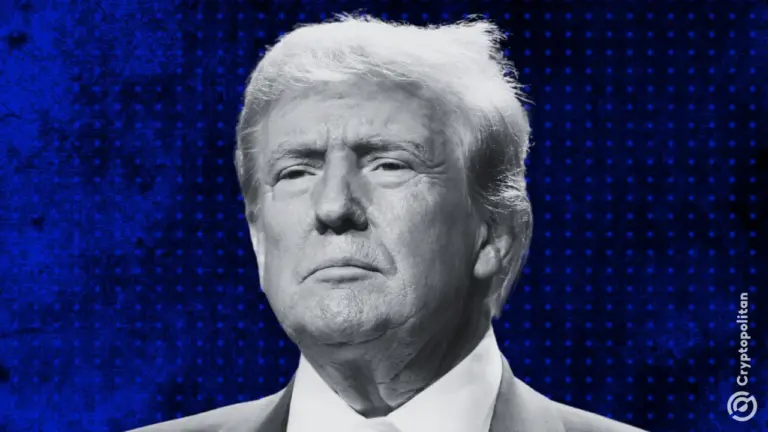US Senate Passes GENIUS Act for Stablecoin Framework
- Main event, leadership changes, market impact, financial shifts, or expert insights.
- GENIUS Act passes Senate for stablecoin regulation.
- Plan faces scrutiny in the House, affecting digital currency market.
The GENIUS Act is pivotal for the US digital currency landscape, potentially increasing Treasury demand and influencing global crypto dynamics.
The US Senate’s approval of the GENIUS Act marks a pivotal shift in stablecoin regulation. The bipartisan vote on June 17, 2025, signals legislative commitment to establishing a comprehensive framework.
Senate leaders introduced over 100 amendments, illustrating extensive bipartisan efforts. Noteworthy engagements include Treasury Secretary Scott Bessent’s policy advocacy. The act could generate $2 trillion in Treasury demand if adopted.
“Stablecoins could attract $2 trillion of new demand for US government debt securities, which could finance deficit spending.” – Scott Bessent, Treasury Secretary
Market impacts are expected, with existing USD-backed stablecoin issuers potentially boosting demand. Economic commentary highlights potential risks, particularly concerning bank liquidity as deposits may shift to digital currencies.
Immediate effects could rise in Treasury purchases and affect DeFi platforms reliant on stablecoin liquidity. Banking institutions may face deposit outflows, while crypto markets may see increased dollar-backed transactions.
Historically, such regulatory steps have influenced stablecoin supply, affecting DeFi protocols and Layer 1/Layer 2 assets. The GENIUS Act continues this trend, promising changes in compliance and market expectations.
Future regulatory, financial, or technological outcomes may include shifts in global crypto markets. The act’s success depends on House actions and potential amendments impacting the US and international digital currency ecosystems.
Disclaimer: The content of this article solely reflects the author's opinion and does not represent the platform in any capacity. This article is not intended to serve as a reference for making investment decisions.
You may also like
ECB says no need for more rate cuts now as inflation hits 2% target
Share link:In this post: The ECB has paused rate cuts after inflation hit the 2% target. Olli Rehn said there’s no need for more cuts unless new risks appear. Joachim Nagel believes policy should stay unchanged unless conditions shift.
Databricks buys Sequoia’s Tecton in push to dominate enterprise AI tools
Share link:In this post: Databricks is acquiring Tecton to boost its real-time AI agent tools. Tecton was last valued at $900M and has around 90 employees. The deal follows Databricks’ $100B valuation term sheet signed this week.

Vitalik Buterin’s FOCIL proposal reignites censorship debate among Ethereum leaders
Share link:In this post: Vitalik Buterin argues FOCIL will make Ethereum more neutral and censorship-resistant. However, Reflexer Labs warns that FOCIL could be a big problem for Ethereum as the current system is still working. Debate on censorship resistance continues with crypto attorney Gabriel Shapiro saying FOCIL might be worth the risk.

Trump’s $9B investment won’t fix Intel’s real problem
Share link:In this post: The U.S. government, under Trump, will invest $8.9 billion for a 9.9% stake in Intel, aiming to boost domestic chip production and make the government Intel’s largest shareholder. Despite the funding, analysts warn Intel’s contract chipmaking (14A and 18A processes) won’t be viable without major external clients and improved manufacturing yields. The deal, which includes discounted shares and no board seat, reflects a rare federal intervention in corporate ownership.
